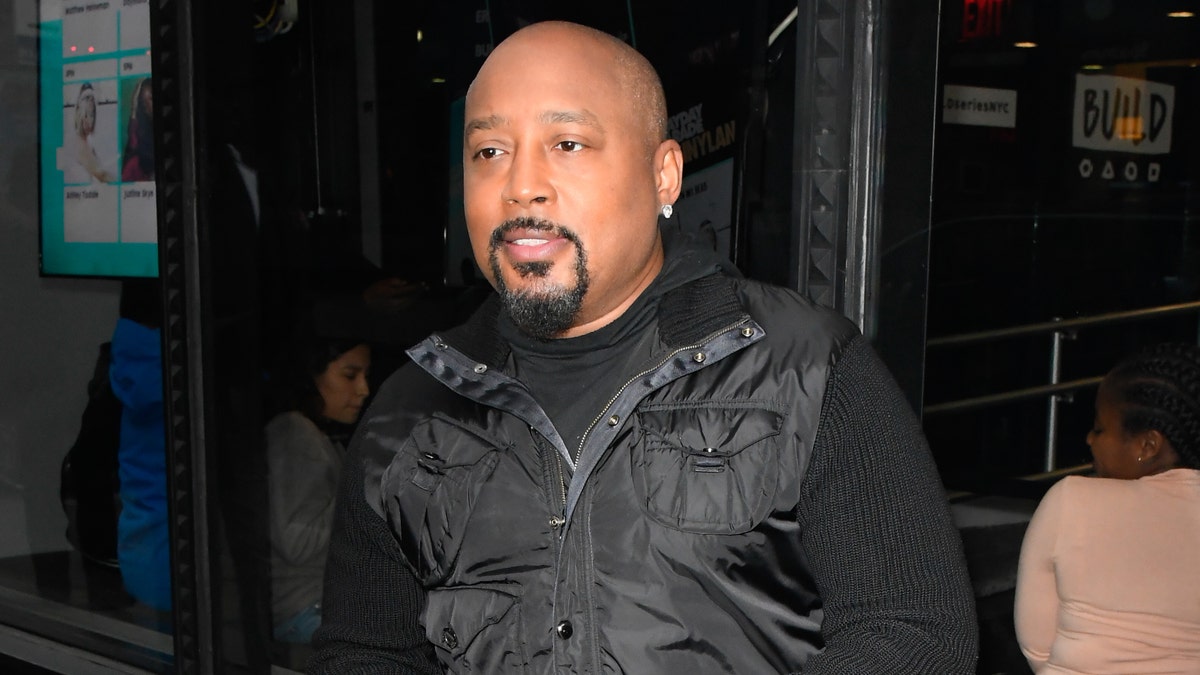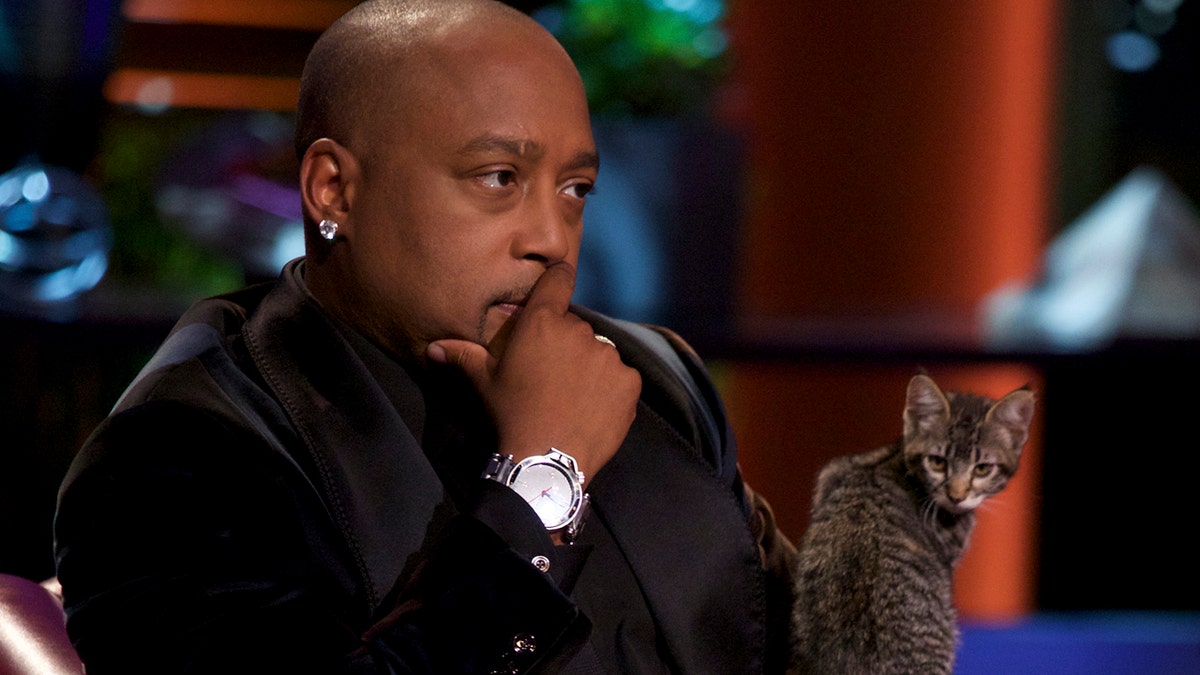Fox News Flash top entertainment headlines for April 22
Fox News Flash top entertainment and celebrity headlines are here. Check out what's clicking today in entertainment.
Get all the latest news on coronavirus and more delivered daily to your inbox. Sign up here.
"Shark Tank" star Daymond John was reportedly among the people who tried to sell N95 protective masks to the state of Florida at an inflated price during the coronavirus pandemic.
Florida, like many states, has been desperate for protective gear for health care workers battling the COVID-19 pandemic. Gov. Ron DeSantis previously called the hunt for N95 masks specifically "shady as hell" and took steps to ensure that the state’s Division of Emergency Management was free to broker deals to get the equipment as soon as possible.
According to the Miami Herald, John, the "Shark Tank" star and CEO of the Shark Group, approached the state in March, saying he could get Florida 1 million masks from China at a rate of $7 per mask, an increase from the less than $2 they usually sell for and one of the highest prices the state was willing to pay. With deals for masks falling through left-and-right, Jared Moskowitz, director of the Florida Department of Emergency Management, agreed to John’s terms.

'Shark Tank' star Daymond John reportedly brokered a deal to sell N95 masks to Florida for $7 per mask. (Raymond Hall/GC Images)
"This was not somebody off the street, this was Daymond John,’’ Moskowitz told the outlet. "He came to me and said, ‘I’ve been in the clothing business. I have connections with factories in China.’"
Unfortunately, the deal fell through on April 13. It’s unclear at this time why the deal fell through or where the $7 price point came from in the first place. However, it is reportedly now among the many deals being scrutinized by 3M, the company that makes the N95 masks, which has a team of lawyers investigating potentially fraudulent vendors and inflated price points throughout the U.S. and Canada.
"3M is not aware of how the Shark Group would gain access to our respirators as it is not an authorized distributor of 3M products or one of our channel partners," a statement from 3M provided to Fox News reads in part.
It adds: "3M list prices, which are published on our website, are far lower than what appears to have been offered to the State of Florida. 3M is filing lawsuits in cases where third parties use the company’s name, brand or trademark to engage in price gouging of N95 respirators and other illegal and unethical behavior. We have no knowledge of whether that occurred in this situation. We are happy, though, to assist law enforcement authorities if they wish to look into this matter."
Representatives for the Shark group did not immediately respond to Fox News' request for comment.
The Miami Herald notes that Moskowitz and his staff spent much of March frantically trying to sign $600 million in no-bid purchase orders with dozens of vendors, some of whom weren’t authorized by 3M to sell the masks, when it became clear the state’s health care system was in desperate need amid the COVID-19 pandemic. Unfortunately, dealing with unconventional vendors led to many of these deals falling through, including John’s.

Daymond John was reportedly among the people who tried to sell N95 masks to the state of Florida at an inflated price. (ABC)
All the money for deals like the one between the state and the Shark Group was not given directly to the vendors. Instead, the state protected itself by using the law firm Foley & Lardner to hold the money in an escrow account. The seller and buyer then agreed to hold these funds there until such time as the masks were delivered and confirmed to be of good quality before money was paid out. As a result, the state neither lost money nor paid anyone who didn’t deliver the goods.
CLICK HERE TO GET THE FOX NEWS APP
"The reason we decided to go through an escrow agent is more and more vendors wanted money upfront because we were identifying potential fraud in the marketplace,’’ Moskowitz said. "We used the legal escrow process to protect the state. It has worked in every case. If the vendor didn’t deliver the product, the money was returned through the escrow agent."






